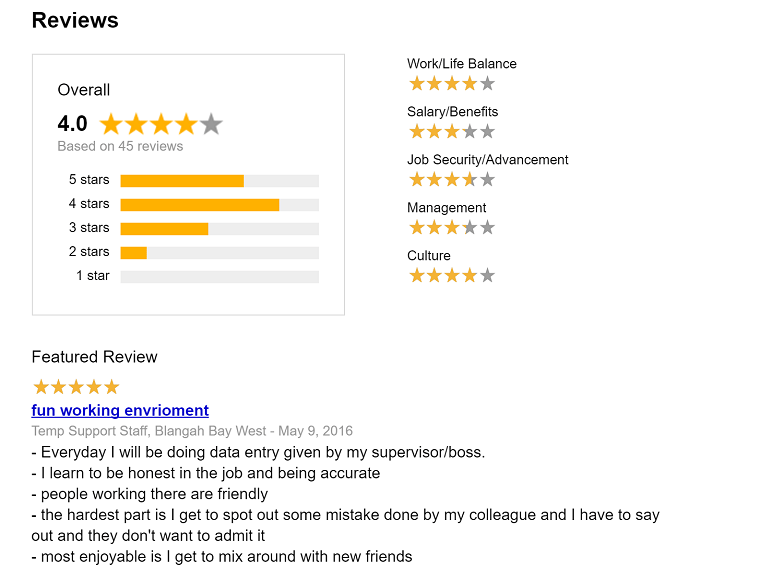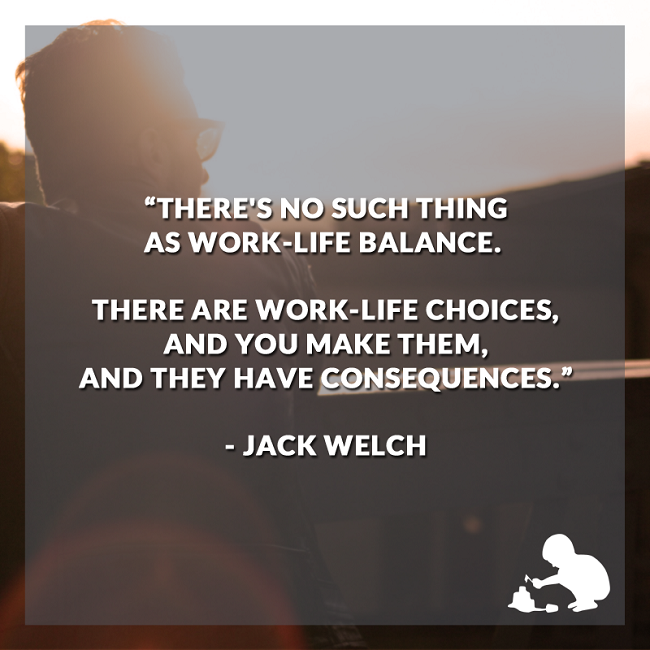
Take control of your stress.
Modern life has many stress inducing factors from those which are work related to family responsibilities to simply commuting from A to B in a busy city. Some stress is inevitable and even helpful, such as the stress associated with preparing and delivering a talk in public - the stress or anxiety ensures we prepare properly. However, much of the stress in people’s lives can be harmful - too much stress can cause physical and mental health problems.
People deal with stress in different ways - some healthy and others unhealthy. Drinking alcohol to excess causes more problems than it solves, and the release is only temporary anyway. Smoking and taking non-prescribed drugs are obviously bad for health, and behaviors’ that become obsessive as a result of stress or a way of coping with it play havoc with social relationships and mental stability.
Healthy approaches to relieving stress and coping with it include practicing Tai Chi or yoga, or engaging in some form of physical exercise. What these healthy approaches have in common is their effect on breathing - they cause the person to breathe more deeply than usual and more methodically. But you can do a breathing exercise anywhere - it doesn’t have to be as part of a formal practice such as yoga or related to physical exercise - and it can be done while sitting at your desk in work or on your way to a meeting you feel anxious about. Here’s how to do it.
Sit comfortably if possible, but you can do this standing up as well. Breathe in through your nose, neither too fast nor too slow, bringing the breath all the way down to your abdomen - make sure the breath pushes out your belly. Make sure to breathe in through your nose as the nose is designed to catch impurities in the air. As you complete the in-breath, hold it for a few seconds - if new to deep breathing, start with holding the breath for just two seconds (to a count of one-one-thousand, two-one-thousand, etc), and later build up to three, then four seconds. Then breathe out through your mouth more slowly than the in-breath - with practice, you should aim to breathe out twice as slowly as the in-breath.
Breathing like this for a few minutes will calm your body - it lowers cortisol levels which is the stress hormone - and importantly, calms the mind as well. If you have trouble sleeping, slow breathing like this before bedtime will help prepare your body and mind for sleep. Slow breathing is also how professional speakers prepare themselves before standing up to present. If you are at a stressful meeting, such as a job interview or a performance review, slow breathing will help improve your performance.
Regulating and deepening breathing is just one way that physical exercise helps reduce stress, but physical exercise also has an effect on our physiology. After a bad day in the office, if you go for a brisk walk or jog, within a few minutes your ‘bad day’ feeling is gone. This is because the physiology of exercise is different to the physiology of a bad day, and our physiology influences how we feel. So the next time you are stressed or having a bad day, notice your physiology and change it to a more useful one. For example, most ‘bad day’ and stress physiology is downcast - head bowed and body slouched. So change it to an opposite pose - sit upright, lift your head up, expand your body, and do slow breathing.
Now you don’t have any excuse for feeling stressed or down - you have a way of changing how your body is by breathing deeply and slowly, and by adopting a more upright physiology!






